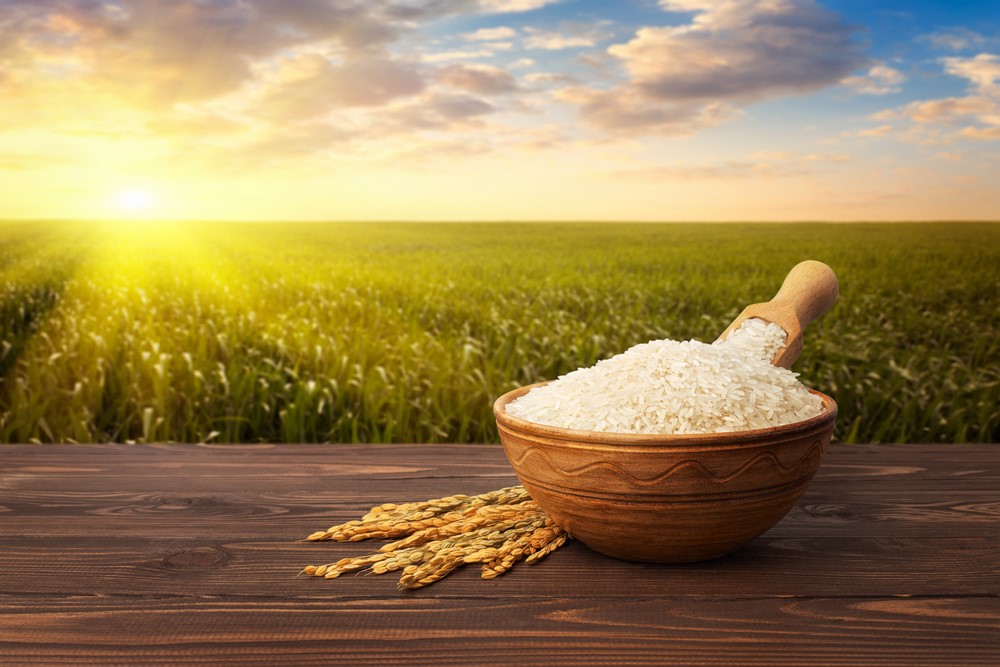In a bid to enhance agricultural output and food security, Nana Adjei Ayeh, the National President of the Ghana Rice Inter-Professional Body (GRIB), is urging the government to invest in the development of unused valley bottoms for rice production.
Valley bottoms, low-lying areas ideal for rice cultivation, offer farmers control over flooding and the necessary water depth for rice plants.
Speaking at the 8th Ghana National Rice Festival in Accra, themed “Increasing Production by Developing Inland Valleys (Valley Bottoms) to Meet National Demand,” Mr. Ayeh emphasized the potential of optimizing these unused areas to achieve self-sufficiency in rice production.
The festival, organized by GRIB in collaboration with key partners, brought together stakeholders in the rice industry. Mr. Ayeh urged the public to support the local rice industry by choosing Ghanaian rice, emphasizing the improved quality and the need for collective adoption.
Deputy Minister for Food and Agriculture in charge of crops, Yaw Frimpong Addo, highlighted the importance of the festival in promoting the consumption of local rice. He stated that despite rice becoming a staple food, Ghana currently produces only about 48% of the rice consumed in the country.
To address the insufficiency in rice production, the deputy minister announced that phase two of the Planting for Food and Jobs (PFJ) program would focus on removing bottlenecks in agriculture.
Collaboration with groups like GRIB and the private sector aims to mobilize farmers and provide access to land for rice production. Efforts are underway to rehabilitate irrigation schemes, allowing for twice-annual rice harvesting.
Bernard Okutu, Managing Director of Calli Ghana, emphasized the need for agricultural modernization to overcome challenges such as outdated farming techniques and insufficient irrigation systems.
He encouraged players in the sector to embrace advanced farming practices, technology, and training programs for local farmers.
As part of broader measures to promote local industries, the government presented a Constitutional Instrument (C.I) to Parliament on November 21.
This move seeks approval to restrict the importation of strategic products, including rice, highlighting a shift towards self-reliance and support for local businesses.
The push for optimizing unused valley bottoms and promoting local production reflects a collective effort towards a more sustainable and self-sufficient rice industry in Ghana.


Comments are closed.